Projects
Adaptive Education
To the project browser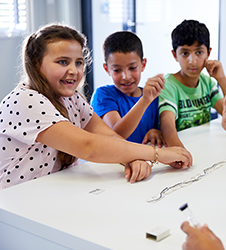
MultiDynAssess-India
The project designs, implements, and evaluates multilingual dynamic assessment (DA) in Indian primary government schools where English is taught in a context characterised by high sociolinguistic diversity and widespread code-mixing practices. It investigates how multilingual versus English-only DA affects Grade 4 students’ language and content learning over time, drawing on classroom observations and a longitudinal comparison with traditional static assessment in schools in New Delhi and Guwahati. By aligning assessment with learners’ full linguistic repertoires, the project aims to promote equity in education and offers implications for multilingual assessment practices in India and other linguistically diverse contexts in the Global South.
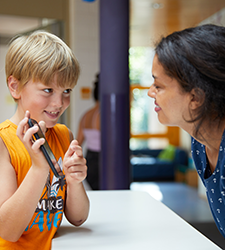
CHAT2TRANSITION
The project examines the emergence and consequences of educational decisions at the transition from primary to secondary school. It focuses on improving the information available to families and teachers. A multilingual chat assistant for families and a reflection program for teachers aim to reduce social and migration-related inequalities in educational outcomes.
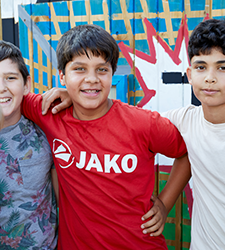
SOGREV
Restrictions on contact and curfews during the coronavirus pandemic meant that children and young people had much less opportunity to socialise. This quickly led to a complete lack of social contact with peers, especially for children and young people from socially disadvantaged backgrounds who were denied access to state institutions such as nurseries or schools […]
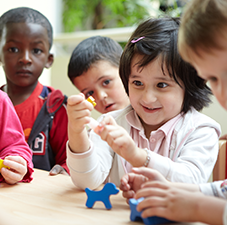
BRISE-School Readiness
The sub-project of the second project phase (2025–2029) at DIPF is dedicated to the effects of the early childhood support chain on the development of basic skills in reading, spelling and arithmetic over the course of the primary school years.
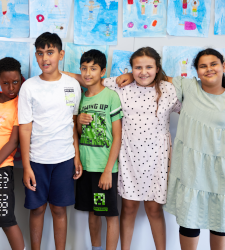
Young Children’s Worlds
This project will develop a questionnaire to quantitatively assess the well-being of children between the ages of 6 and 8. The study will be conducted in parallel in South Africa and Israel.
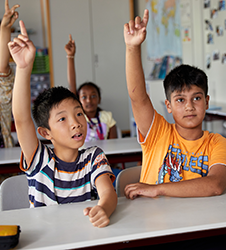
Strive-Up
The project examines the ideas parents of 6-10 year old children have about their child’s future social status (desire to maintain status vs. desire for upward mobility). We analyse to what extent the desire to maintain status vs. the desire for upward mobility differs according to socio-economic status (SES) and migration background, and what role this desire for status plays in parents’ educational aspirations and in the educational decisions made by families.
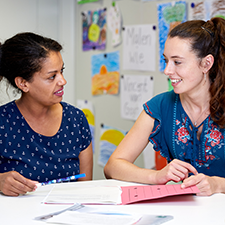
NO BIAS
The project aims to investigate the accuracy of judgement of trainee and experienced teachers. In particular, it focuses on the influence of stereotypes. Process data will be used to investigate teachers’ information processing and the influence of stereotypes on it, and to develop approaches to reduce the influence of stereotypes on judgements.

MuKi
Investigating emotional expectation and appraisal processes in children aged 8-12
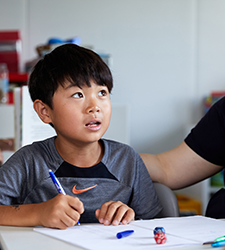
Memokid 2.0
We investigate the extent to which strategic and incidental learning might modulate the efficiency of memory consolidation of events over time. We also investigate how this process might differ between children and young adults.
GUIDEPREP
The Europe-wide project ‘Growing Up in Digital Europe’ (GUIDE) analyses the success factors for the development of well-being in a digital world. Over a period of about 25 years, two birth cohorts (infants and school-age children) and their parents will be systematically surveyed. The upstream project GUIDEPREP (‘GUIDE Preparatory Phase’) will develop the necessary research infrastructure for the GUIDE panel between 2022 and 2026.